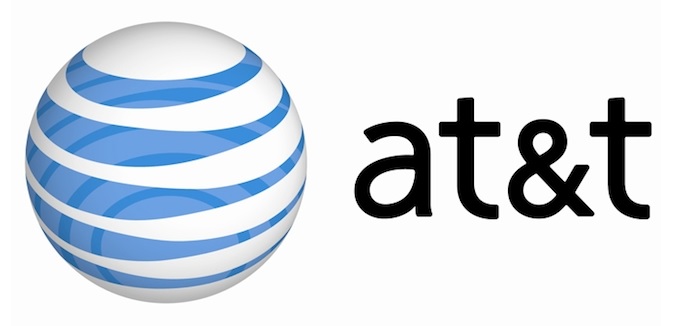In a letter to the Federal Communications Commission, AT&T accused Sprint and T-Mobile of offering wifi calling on mobile without approval from the agency for teletypewriters (TTY). People with hearing and speech disabilities use TTY to transmit phone calls for 911 and emergencies.
AT&T noted that Sprint and T-Mobile have been offering wifi calling services over a year for Android devices, and over a month for iOS devices. The Dallas-based company argued that this was a violation. AT&T wants FCC to waive the rules on TTY so that the company could offer RTT in the place of TTY, in turn allowing AT&T to get it wifi calling out.
In the letter to FCC chairman Tom Wheeler, AT&T mentioned snail-progress on the waiver that is not by the FCC’s rules about accessibility for people with hearing and speech disabilities. The FCC stated that it is reviewing the company’s request of waiver of TTY requirement. A&T has the wifi calling system in place, and wants to be in the same place in the near future. AT&T also mentions that it doesn’t ask for an industry-wide waiver.
AT&T claimed that it has been unable to offer TTY service without a waiver, and its rival carriers were in “defiance” of FCC rules. Though T-Mobile said that it supports TTY calling in compliance with FCC rules, both the company have not admitted that they support TTY devices through wifi calling. FCC spokesman Mark Wigfield stated that telecoms such as wireless and Voice over IP (VoIP) must make their services available to people with disabilities.
TTY devices are used by the deaf and hearing-impaired to operate smartphones, allowing them to type messages instead of listening and speaking. Robert Weitbrecht, a deaf physicist, developed TTY in the 1960s. The 1973 Manual Communications Module (MCM) was the world’s first two-way electronic portable TTY.
[ Via ]###






